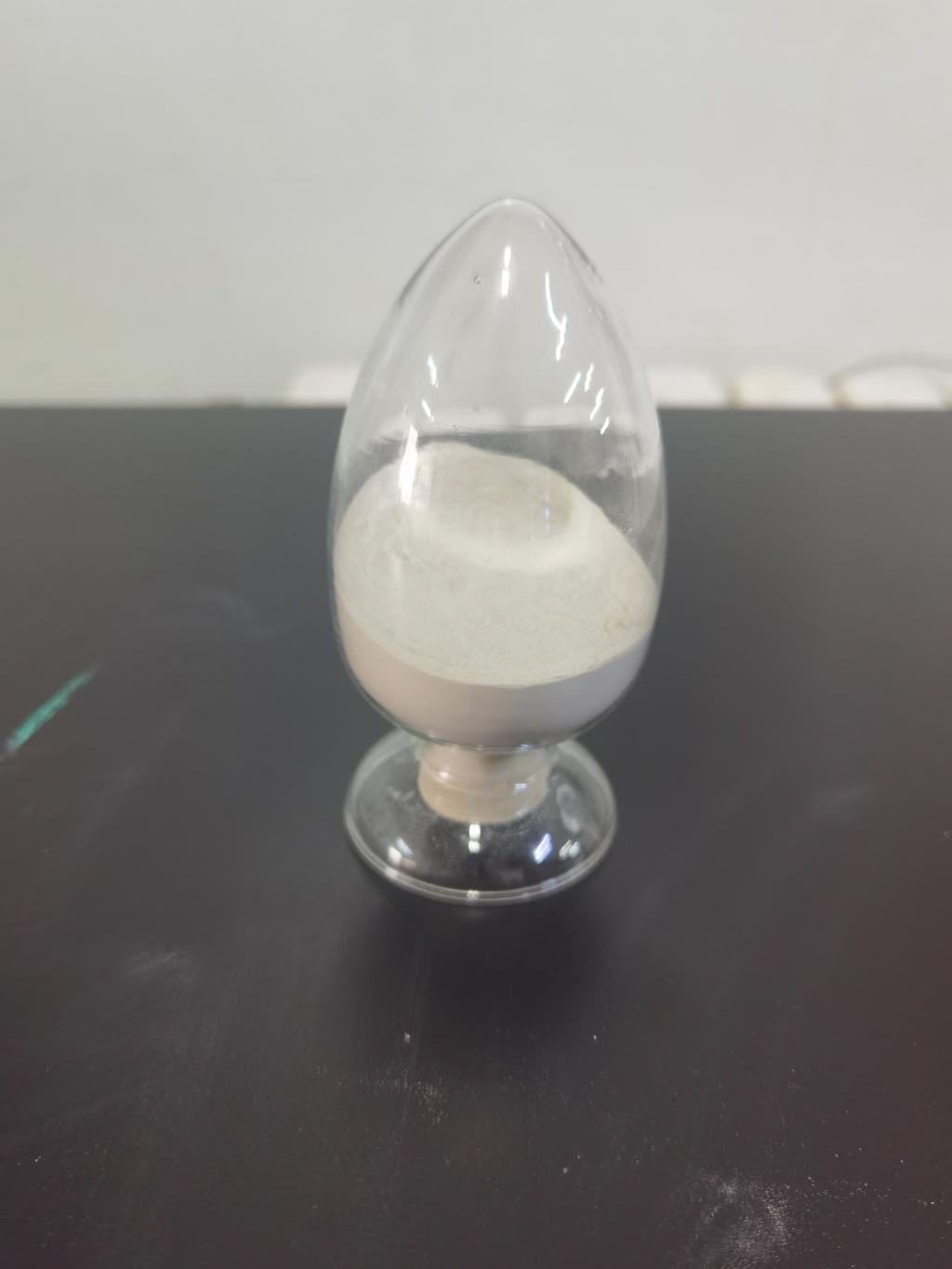Tel:+8618231198596

News
 CONTACT
CONTACT
 CONTACT
CONTACT
- Linkman:Linda Yao
- Tel: +8618231198596
- Email:linda.yao@dcpharma.cn
- Linkman:CHARLES.WANG
- Department:Overseas
- Tel: 0086 0311-85537378 0086 0311-85539701
News
Nisin Direct sale of factory products Potential to Minimize Chemical Residues in Agriculture.
TIME:2023-10-12
The Impact of Chemical Residues in Agriculture
Chemical residues, including pesticides and herbicides, have become integral components of modern agriculture. These chemicals help protect crops from pests and diseases, increase crop yields, and reduce post-harvest losses. However, their widespread use has unintended consequences that threaten the long-term sustainability of agricultural practices.
Environmental Concerns
Chemical residues from pesticides and herbicides can persist in the environment, leading to soil and water contamination. This contamination negatively affects soil quality, disrupts ecosystems, and harms non-target species. Furthermore, chemical residues can contribute to the development of pesticide-resistant pests, necessitating the use of even more potent chemicals.
Human Health Implications
Chemical residues can find their way into food products, posing potential health risks to consumers. Long-term exposure to these residues has been associated with various health issues, including cancer, developmental problems, and hormonal imbalances. Minimizing the presence of these residues in our food supply is essential for safeguarding public health.
Sustainability Challenges
Sustainable agriculture aims to balance the needs of the present while protecting the environment and resources for future generations. The excessive use of chemical residues in agriculture is fundamentally incompatible with this goal. It depletes soil health, exacerbates water scarcity, and contributes to greenhouse gas emissions, all of which undermine the sustainability of farming practices.
Nisin: A Natural Antimicrobial Peptide
Nisin is a naturally occurring antimicrobial peptide produced by certain strains of lactic acid bacteria, notably Lactococcus lactis. It has been used as a food preservative for decades and is considered safe for human consumption. Nisin is well-known for its ability to inhibit the growth of various pathogenic bacteria, including Listeria, Staphylococcus, and Clostridium.
The unique characteristics of Nisin make it a promising alternative to chemical pesticides and herbicides in agriculture:
Natural Origin
Nisin is derived from bacterial fermentation, and it is considered a natural product. This natural origin makes it an eco-friendly and sustainable option for agriculture, aligning with the principles of organic and environmentally conscious farming.
Targeted Action
Nisin primarily targets harmful bacteria and pathogens while leaving beneficial microorganisms and other non-target species unaffected. This selectivity minimizes the disruption of ecosystems and reduces the likelihood of developing resistance in pests.
Non-Toxic to Humans
Nisin is safe for human consumption and has been used in the food industry for decades without reported adverse effects. This characteristic sets it apart from many chemical pesticides and herbicides with potential health hazards.
Nisin's Potential Applications in Agriculture
Nisin has a range of potential applications in agriculture that can help minimize chemical residues:
Crop Protection
Nisin can be employed as a natural alternative to chemical pesticides to protect crops from pathogenic bacteria and fungi. Its antimicrobial properties make it an effective agent for managing post-harvest diseases, preserving the quality of fruits and vegetables, and extending their shelf life.
Soil Health
The use of Nisin in agriculture can contribute to improved soil health. Unlike chemical pesticides, which can degrade soil quality and harm beneficial soil microorganisms, Nisin selectively targets harmful bacteria, allowing the soil ecosystem to thrive.
Water Quality
Reducing the reliance on chemical pesticides can minimize water contamination, preserving water quality in agricultural regions. Nisin's eco-friendly profile can help protect local aquatic ecosystems and prevent the accumulation of harmful chemicals in water bodies.
Sustainable Farming
Nisin aligns with the principles of sustainable agriculture by offering an environmentally friendly alternative to chemical residues. Sustainable farming practices, such as organic agriculture, can incorporate Nisin to minimize chemical use and enhance eco-friendly crop management.
Resistance Management
Nisin's targeted action reduces the risk of pests and pathogens developing resistance. By using Nisin, farmers can adopt a more sustainable approach to pest and disease management that does not rely on ever-increasing chemical concentrations.
Challenges and Considerations
While Nisin holds significant promise as an alternative to chemical residues in agriculture, several challenges and considerations must be addressed:
Efficacy
The effectiveness of Nisin in controlling pests and diseases in various crops must be thoroughly evaluated. Research is needed to determine the optimal application methods, concentrations, and timing to achieve the desired outcomes.
Regulatory Approvals
Nisin's use in agriculture may require regulatory approvals and guidelines to ensure its safe and effective application. Collaboration between agricultural experts, regulators, and researchers is crucial to establish best practices.
Cost and Accessibility
The cost of producing and applying Nisin in agriculture needs to be competitive with chemical alternatives to encourage its widespread adoption. Efforts to make Nisin more economically accessible are essential for its success in farming communities worldwide.
Knowledge Dissemination
Farmers and agricultural professionals may need education and training to effectively implement Nisin in their practices. Disseminating knowledge about the benefits and correct usage of Nisin is vital for its successful adoption.
Conclusion
Minimizing chemical residues in agriculture is a critical step toward sustainable and eco-friendly farming practices. Nisin, a natural antimicrobial peptide with a long history of safe use in the food industry, offers a promising alternative to chemical pesticides and herbicides. Its natural origin, targeted action, and safety for humans make it a compelling candidate for reducing the environmental and health impacts associated with chemical residues.
As we move towards more sustainable and environmentally conscious agriculture, Nisin's potential to minimize chemical residues is an exciting development. By harnessing the power of this natural antimicrobial peptide, we can protect the environment, safeguard human health, and build a more sustainable future for agriculture.
- Tel:+8618231198596
- Whatsapp:18231198596
- Chat With Skype







